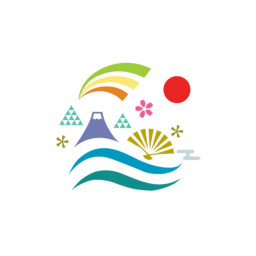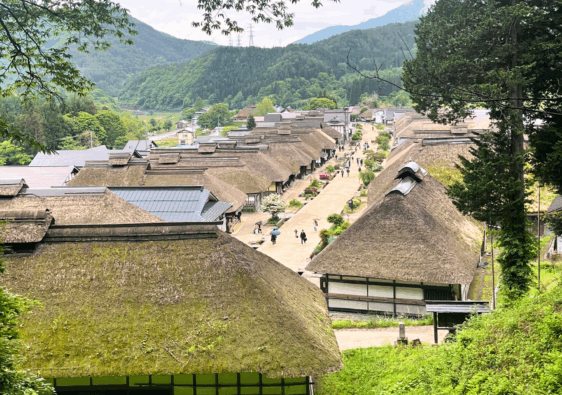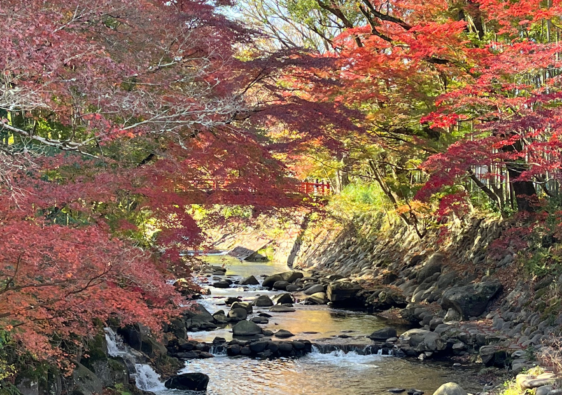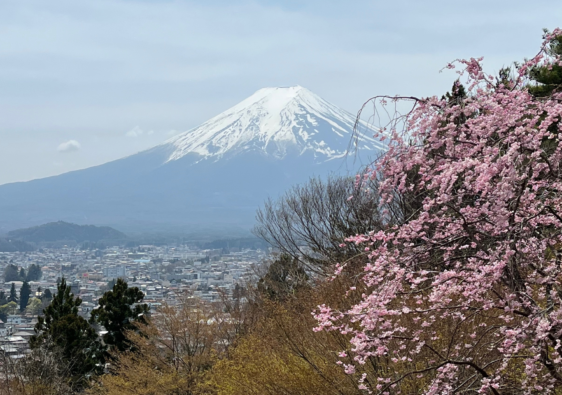Many people still climb Mt. Fuji, which is a sacred pilgrimage site, and in the 12th century, many people came to worship there as a Shugendo dojo.
Mt. Fuji was born 100,000 years ago and has repeatedly erupted, taking its current form due to a major eruption in 1707. It has been dormant since then.
Its majestic appearance has influenced various artists and has been featured in many works of art. Fuji, the object of this faith and the source of art, was registered as a World Heritage Site in 2013.

The belief in the god who lives on Mt. Fuji has given rise to a tradition of valuing coexistence with the volcano and being grateful for the spring water at the foot of the mountain.
The spirit of pilgrimage to Mt. Fuji has been passed down through the ages, and the diverse cultural assets born of the faith are evidence of the continuing mountain worship.
Mt.Fuji, which fascinates many people both domestically and internationally due to its beauty. Therefore, many people think about where the best view is.
This time, I will introduce some view spots where you can see Mt. Fuji from the Yamanashi Prefecture side.
Here is the list of view spots
- Kawaguchi Asama Shrine
- Fuji Panorama Ropeway Observatory
- Chureito on Arakurayama Park
- Fujiyoshida city
- Oshino Hakkai
Kawaguchi Asama Shrine
Kawaguchi Asama Shrine is one of the nine shrines that make up the Mt. Fuji World Heritage Site. Kawaguchi Asama Shrine was built in 865 to quell an eruption. There are vast shrine grounds, waterfalls, cedar trees that are over 1,200 years old, and a torii gate in the sky built to worship Mt. Fuji.
From this place of worship on the mountainside of Lake Kawaguchi, you can see the red torii gate and the beautiful Mt. Fuji.

You can drive up from the main hall of the shrine at the foot of the mountain, but it’s even more special to take a leisurely 20-minute walk and enjoy the scenery before seeing the torii gate in the sky.
Beyond this torii gate is a small waterfall where Shugen monks used to cleanse their bodies and pray for safety before climbing the mountain.

Taking a break while looking at Mt. Fuji from the scenic terrace cafe on the way here will also be a wonderful experience.

You can reach to the Kawaguchi Asama Shrine by car, bus or bicycle.
Fuji Panorama Ropeway observatory
If you want to easily see Mt. Fuji up close, this Fuji Panorama Ropeway is recommended.
This ropeway, which can be reached from Lake Kawaguchi station by bus or 15 minutes on foot, has a platform in front of the bus stop.
It takes about 3 minutes to reach the top of Mt. Tenjo. There is a tea house, swings, and an observation deck at the top of the mountain. Since there is not much walking involved, anyone can easily see the spectacular view of Mt. Fuji.

Chureito Arakurayama Sengen Park
Chureito built in 1958 on the Arakurayama Sengen park to enshrine about 960 citizens from Fujiyoshida who died in the war. The pagodas size is 19.5m high and 7.3 square meter.
It’s one of the 100 beautiful night view in Japan. Nowadays, the great view became famous as the symbol of Japan in the world.

You need to climb 398 steps to see the great view, but you can get reward of the valuable scenery.
To get to the Chureito Pagoda, visit Sengen Shrine, which is about a 10-minute walk from Shimoyoshida Station, and then climb the stairs or slope on the side to reach the observatory.

Mt.Fuji can be seen beautifully from the grounds and stairs of Arakura Fuji Sengen Shrine, so you can enjoy various scenery. The contrast with the cherry blossoms and autumn leaves makes it even more beautiful.

Fujiyoshida City
Fujiyoshida City is located very close to Mt.Fuji Station. You can see Mt.Fuji, which coexists with your daily life, from Honmachi-dori shopping street, Kanatori gate, rural park, and Fujimi Bypass.
You can also visit to Chureito Pagoda and Oshino Hakkai from Fujisan Station.

There are many must-see spots such as the Kitaguchi Sengen Shrine, which is the gateway to climbing Mt. Fuji, and the Mt. Fuji Museum, so you can take a bus, but you can find wonderful spots just for you by pottering around on a bicycle.

Oshino Hakkai
Oshino Hakkai is a small village with eight ponds of spring water from Mt. Fuji. The carp swimming in the transparent pond looks fantastic.

This small village is full of shops offering souvenirs and food.
It is a popular place among tourists for its beautiful rural scenery where traditional houses and Mt. Fuji coexist. You can get there by bus, taxi or bicycle from Fujisan Station.

During the cold season, on sunny days, and early in the morning, you can see the beautiful Mt. Fuji without a cloud in sight.
Clouds tend to cover the area from around noon, so we recommend getting up a little early and heading to your favorite spot.




